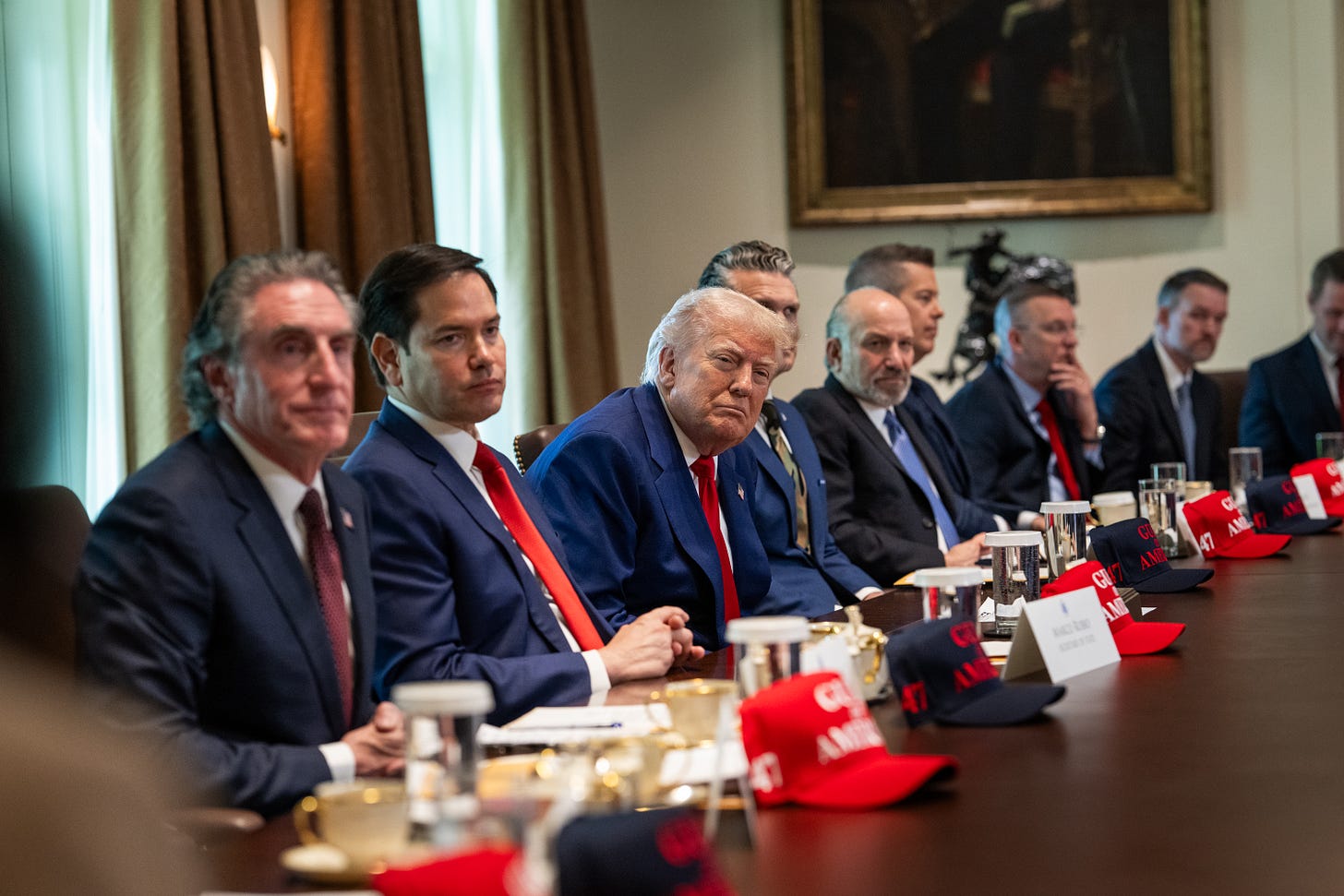How Trump has Politicized Federal Hiring
A new policy features loyalty tests, undermining the goal of a nonpartisan public service.

Trump’s Office of Personnel Management released a new policy on federal hiring. While the policy makes many of the right noises about reforming an area with real problems, it also dri…




